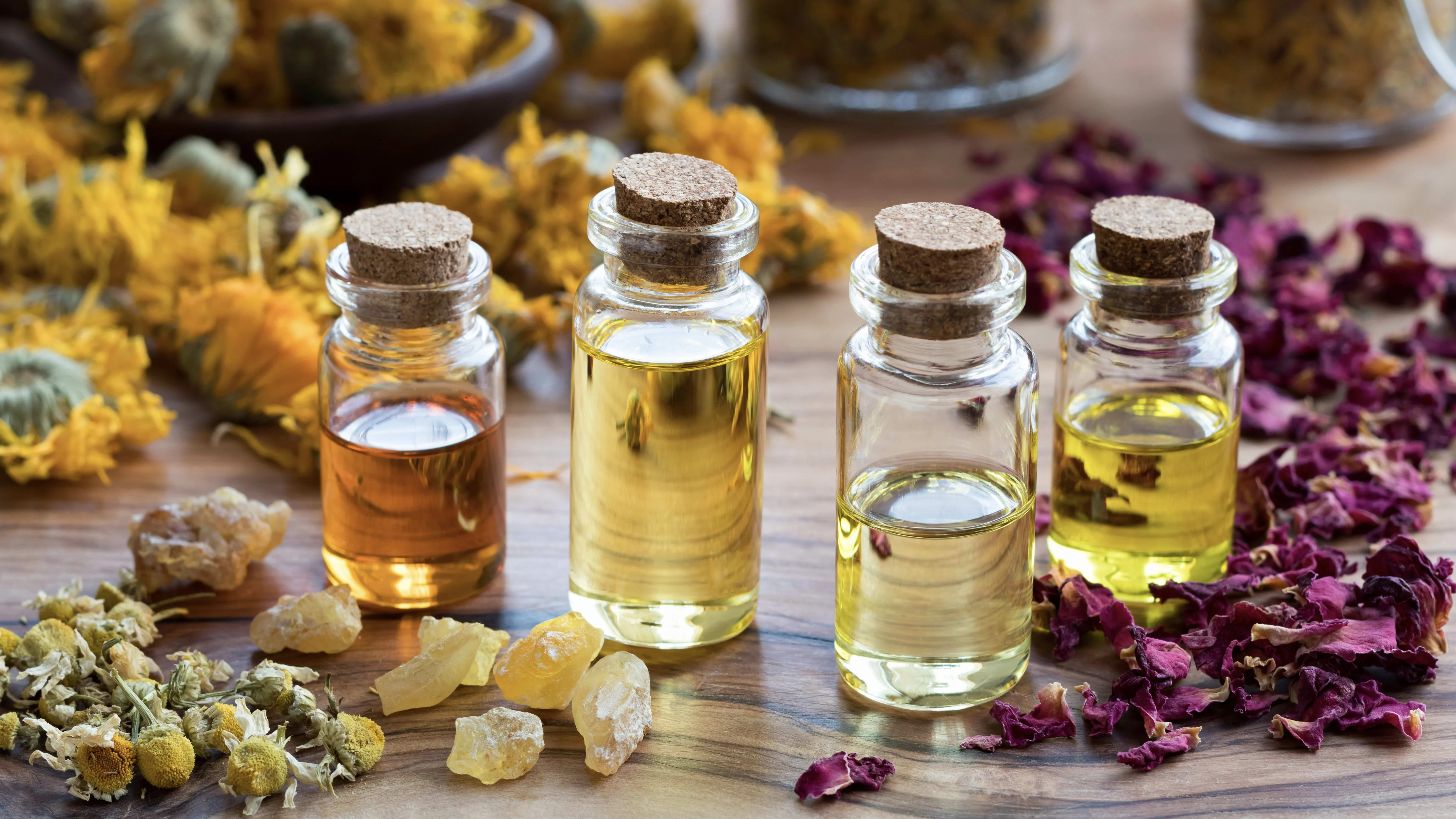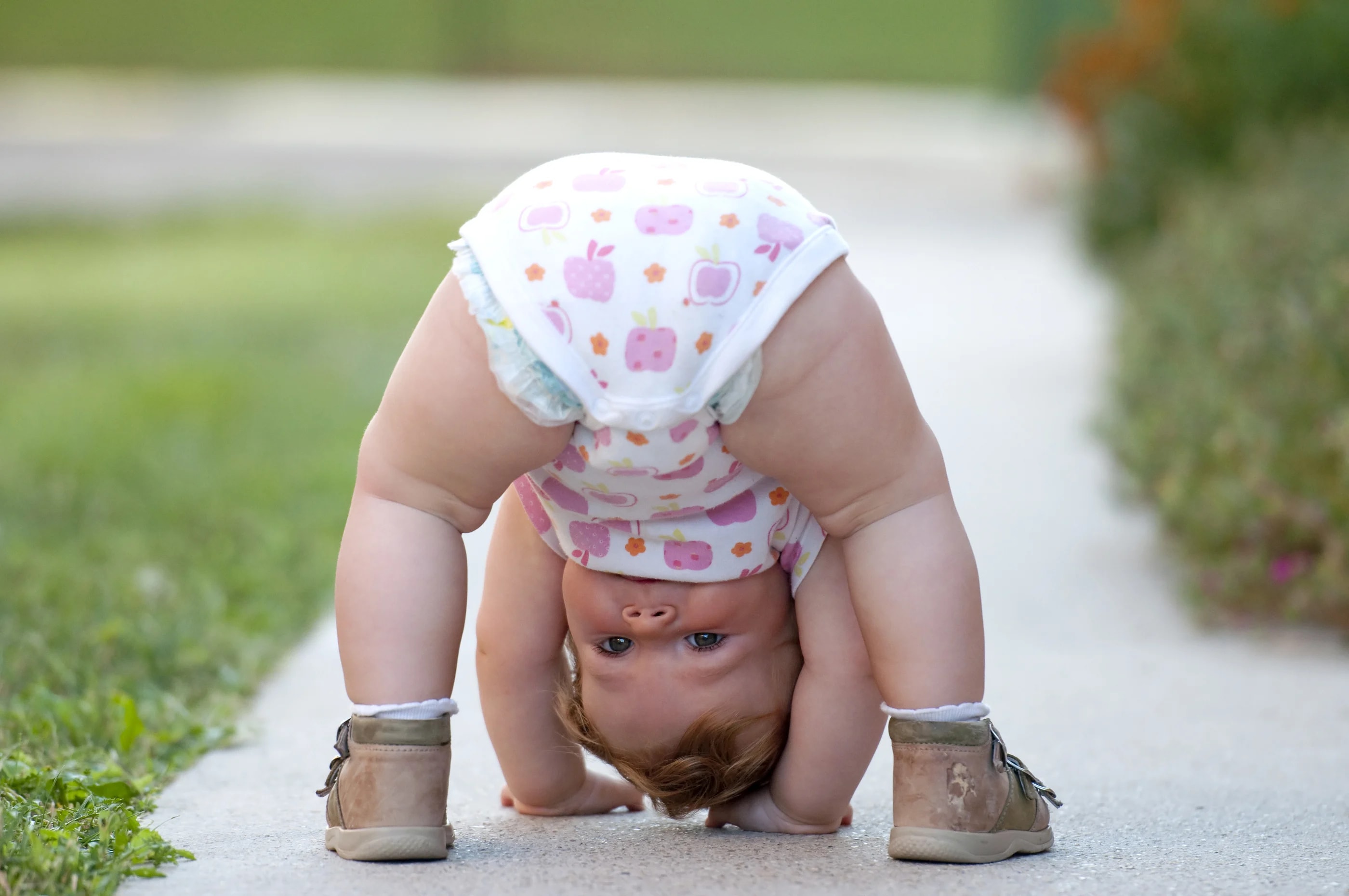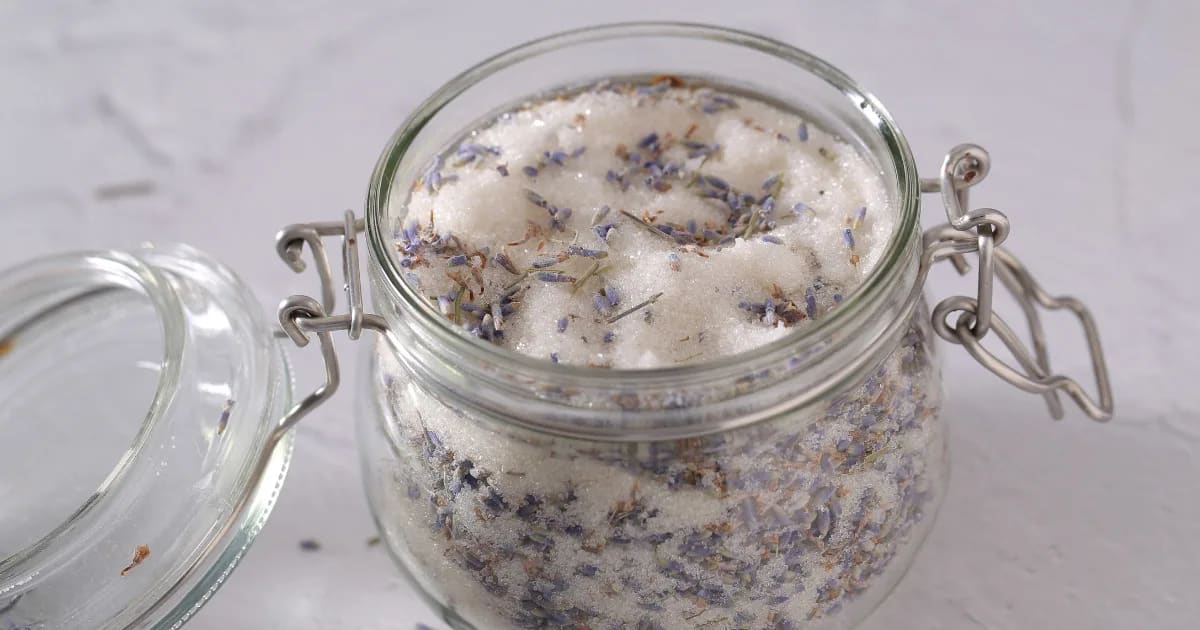What are Essential Oils Good For?
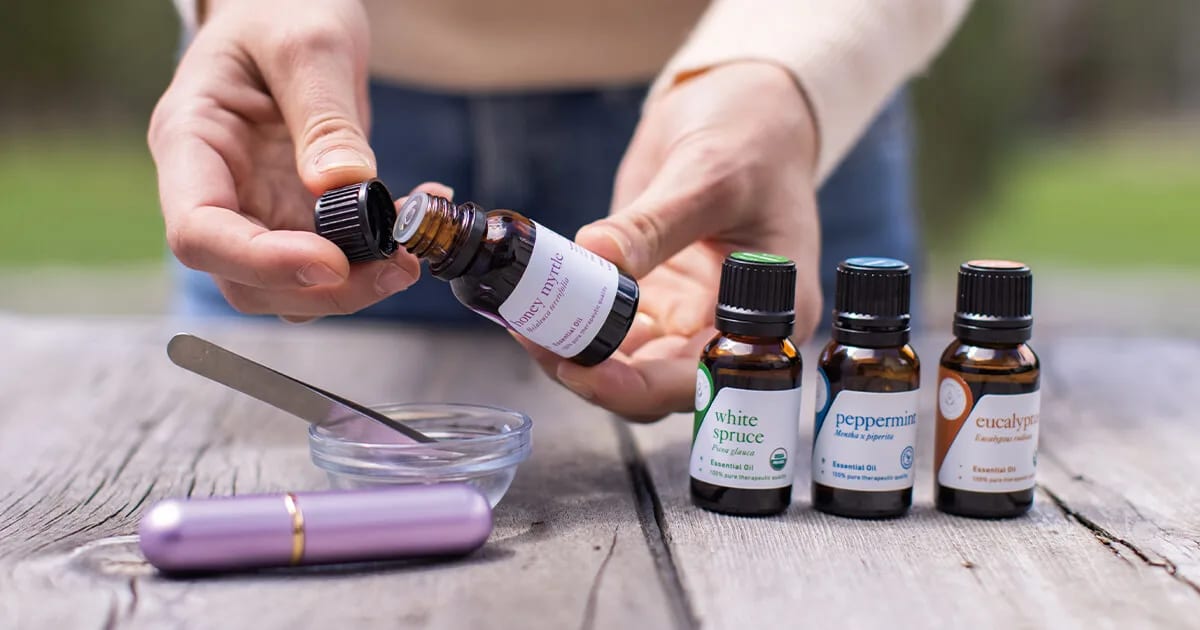
I love helping people use essential oils to enhance their wellness.
It is so much fun! I get to talk to people at all different stages of their journey with essential oils. Some are just learning to use essential oils for their family, while others have been using essential oils for a long time and are finally starting their dream Aromatherapy business.
And, of course, some people are brand new to Aromatherapy! I created this blog post to help newbies get started quickly, but it's also a great refresher for aromatherapists with a bit more experience.
Welcome to the Aromatherapy party!
I think you will really enjoy being here. Aromatherapists are a great crowd. And there are so many fun things to do at this "party!"
That is, there are so many different ways you can use essential oils in your life. Essential oils are good for a wide variety of things, from helping us relax to cleaning the house to relieving pain.
I want to share 4 very common things that essential oils are good for, so you can start using them effectively right away!
Sinus Congestion
Headaches
Stress & Anxiety
Skin Care
Let's talk about which essential oils are good for these issues, as well as different methods of application you can use to create the benefits you want (and to be SAFE while doing so).
Essential Oils are Good for Sinus Congestion
If we're talking about sinus congestion, a hugely effective way to use essential oils is to breathe them in.
This brings them right to the "scene of the action" where they are most needed . . . the respiratory system!
This is so simple and convenient because you can carry it with you in a bag or in your pocket and just slip it out to inhale the essential oils whenever you like.
It is so simple! I just put the piece of cotton into the "sleeve" of the inhaler, then add 15 drops total of essential oil to the cotton. I close up the inhaler by snapping the cap in place. That is all there is to it!
You can also do a steam.
Think of how much relief the steam of a warm shower can bring when your sinuses feel stuffy and clogged. Essential oil steam offers the same relief.
All you need is a bowl full of steamy water, and 1 drop of essential oil (a SINGLE drop!) Close your eyes, lean over the bowl, and inhale the steam. And keep some tissues nearby because it will probably unclog your sinuses fast!
Make a jojoba blend.
Another way essential oils are good for sinus congestion is in a topical oil—such as a jojoba blend that you can rub on the back of your neck.
For this, you just need a 1 oz (30 ml) glass bottle. Fill it with Jojoba Wax (Simmondsia chinensis), and then add 15 to 18 drops of essential oil.
Massage your blend into your shoulders and the back of your neck to release muscle tension and surround yourself with the supportive presence of the oils.
Are you thinking, "Andrea, these methods sound great . . . but which essential oils are good for these methods of application?"
These 4 essential oils are good for clearing sinus congestion, whether it is due to allergies, a cold, the flu, or "I don't know what this 'crud' is but I want it to go away!"
White Pine Oil (Pinus strobus)
Black Spruce Oil (Picea mariana)
Siberian Fir Oil (Abies sibirica)
Eucalyptus Oil (Eucalyptus globulus)
Essential Oils are Good for Headaches
I wish that headaches were not such a common problem. Ideally, they would not be making an appearance on this list at all!
But they are pretty common, so let's talk about how to use essential oils for headaches.
Make an Aromatherapy inhaler.
Inhalers with essential oils are good for sinus congestion, but they can help with a lot more than that! They are wonderful for relieving muscle tension that can cause stress headaches.
I use 15 drops of essential oil in an inhaler.
Make a jojoba blend.
I don't always get headaches these days, but I have gone through periods of my life when stress headaches were the unfortunate "norm." During those times, I relied a lot on jojoba blends.
Most headaches are actually influenced by muscle tension in our shoulders, neck, and scalp. So I would make a jojoba blend that I could massage into my shoulders and the back of my neck. (I don't like to get essential oils too close to my eyes, so I avoid my face.) The relief radiates up into the head. It always made me feel so much better!
I would use 15 to 18 drops of essential oil total, in 1 oz (30 ml) of Jojoba Wax (Simmondsia chinensis).
Here are 2 essential oils that are good for headaches:
Peppermint Oil (Mentha x piperita)
Frankincense Oil (Boswellia carterii)
Essential Oils are Good for Anxiety and Stress
Ah, this is a classic way to use essential oils!
Some oils offer such support to the nervous system. They can help us feel more emotionally balanced, mentally centered, and physically relaxed.
When you think of how many uncomfortable health issues are influenced by stress, it makes perfect sense that essential oils are good for supporting our health in this way.
Make an Aromatherapy inhaler.
Yup—Aromatherapy inhalers are good for this, too!
(Honestly, if you are new to essential oils, it does not hurt to get a bag of blank inhalers and keep them on hand. They are useful for so many different issues!)
You can keep an inhaler in your pocket or bag, and anytime you start to feel stressed, overwhelmed, low-spirited, or unbalanced, just take it out and spend a few minutes in deep breathing with your essential oils.
Use 15 drops of essential oil total in an inhaler.
Make a bath salt.
I love relaxing in a warm bath. The warm water seems to work knots of tension and soreness out of my muscles in such a comforting way. Adding stress-relieving essential oils to the bath helps me relax even more, especially if I am getting ready for bed.
Here's how I like to make a bath salt . . .
I use 2 oz (56 g) of pink Himalayan salt in a glass jar. I add 5 drops total of essential oil to 1 Tbsp (15 ml) Jojoba Wax (Simmondsia chinensis), then mix it into the salt, gently stirring with a glass stirring rod or the handle of a stainless steel spoon to distribute evenly through the salt.
I use this whole jar in my bath!
Note: Carrier oils can make the bathtub slippery. Another option is to use Castile soap to disperse the essential oils in the bath water.
If you prefer to use Castile soap, simply add the essential oils to 1 tablespoon of Castile soap. Castile soap can sometimes cause the salt to harden, so we recommend adding the salt directly to the bath water.
Make a linen spray.
Imagine for a moment tucking yourself into sheets that are scented with the most beautiful, relaxing aromas—which are all-natural and supportive of your health.
Linen sprays made with essential oils are good for encouraging more restful sleep (and that is such an important part of reducing stress and being able to show up as your full self during the day.)
To make a linen spray, start with 1 oz (30 ml) of water in a glass spray bottle. Then add 10 to 12 drops of essential oil.
Spritz it around your bed, on top of your blankets, and under your pillow before tucking yourself in.
Make a jojoba blend.
I am a big fan of topical essential oil blends! Just like inhalers, they offer support for many different concerns . . . and they feel so nourishing to your skin when you massage them on.
In 1 oz (30 ml) of Jojoba Wax (Simmondsia chinensis), use 10 to 12 drops of essential oil. (Sometimes I use more, but for emotional support, 10 to 12 drops is often enough.)
Which essential oils are good for stress and anxiety?
There are so many different oils I could include in this list! But I will focus on 3 that I love to teach others about, based on the wonderful research we have that backs them up:
Roman Chamomile Oil (Chamaemelum nobile)
Lavender Oil (Lavandula angustifolia)
Black Spruce Oil (Picea mariana)
Essential Oils are Good for Skin Care
I know some of you have been waiting for me to touch on this topic!
And I can understand why—it is so much fun to make your own body oils, body butters, and other skin care products. What a relief to know that you can learn to use all-natural butters and oils that nourish your skin and which are NOT made with any chemicals or potential toxins!
Homemade body products made with essential oils are good for creating different benefits, too.
You can make body products for relaxation, immune support, headache relief, calming inflammation, soothing skin irritation, and more.
Here are a few methods I LOVE for skin care!
Make your own foam soap.
Our skin is very responsive. Harsh soaps can sometimes cause irritation or dryness. We want our skin to be clean . . . but not at the expense of our comfort!
You can make your own foam soap with pure liquid Castile soap and essential oils. Keep a bottle next to your sink, or make a travel-sized version that fits into your bag (so you don't have to use that harsh soap in public restrooms!) It will treat your skin gently while it's cleansing away dirt, and the essential oils will reduce germs on your hands.
For a 50 ml sized travel soap container, I use about 40 ml of Castile soap (I want to leave space for the bulky pump top of the bottle) and add about 10 to 12 drops of essential oil.
Make an Aloe Vera Gel blend.
If you love using natural products, you are probably already aware of how much skin loves pure aloe vera!
You can make a topical blend and keep it with you for areas that feel irritated or itchy. (I love aloe blends for things like bug bites.) If you like to spend time in nature, or you're going on a vacation and want a skin-nourishing blend to keep on hand, an aloe blend is a great option.
I like to use 1 oz (30 ml) Aloe Vera Gel (Aloe barbadensis), along with 3 ml of Solubol dispersant. This helps the essential oils stay distributed through the aloe vera (which is a water-based ingredient, and we know that oils and water don't mix!)
Add 15 to 18 drops of essential oil in total, and shake well. Your aloe blend will be fresh for a few weeks before you should make a fresh batch.
Make your own body butter.
Learning to make your own body butters is so fun!
I would even call it a "game changer." Once you learn to blend with natural oils and butters to create different textures of body butter, you can make customized blends that are PERFECT for you. (Why would you ever go back to store-bought?)
I walk you through the process of making a gorgeous, skin-loving body butter in this video.
Which essential oils are good for skin care?
This is another list that could get pretty long!
Two essential oils I will share with you today are:
Neroli Oil (Citrus aurantium amara)
Geranium Oil (Pelargonium x asperum)
If you are new to the "Aromatherapy party," I hope this post feels like an easy-to-use, inspiring guide for how you can start using essential oils in your daily life.
Whether you’re brand new to aromatherapy or looking to expand your knowledge with science-based information you can trust, our introduction course is the perfect place to begin.
Start building a strong foundation of essential oil knowledge today!
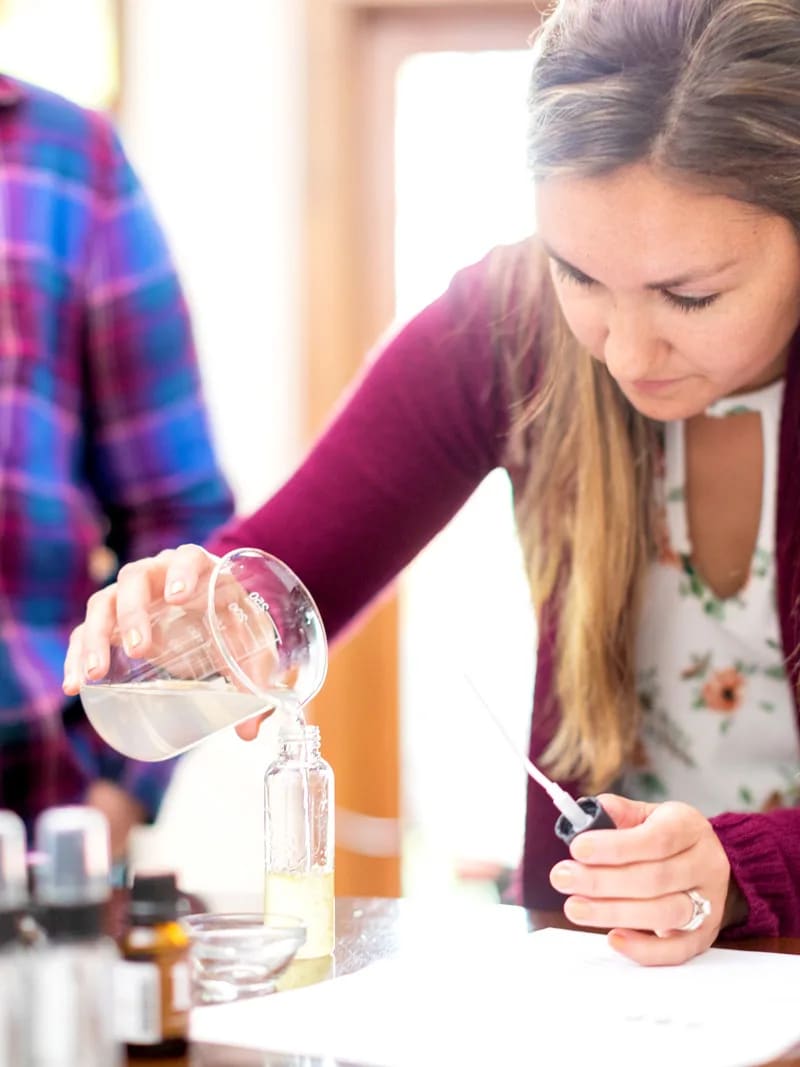
Aromatherapy 101



